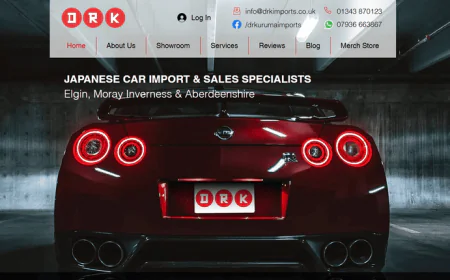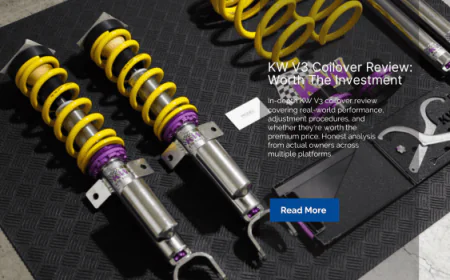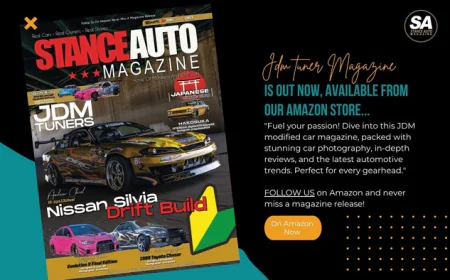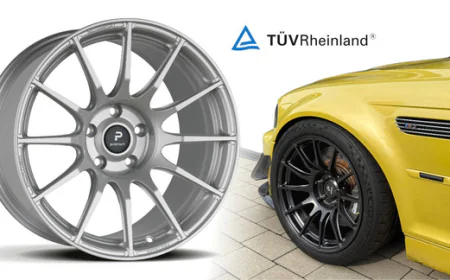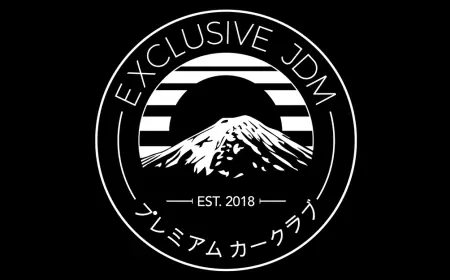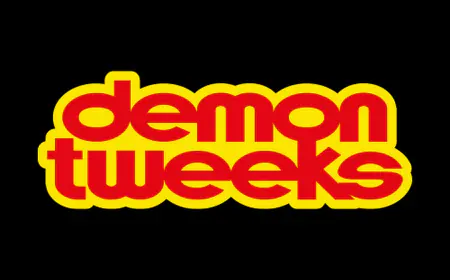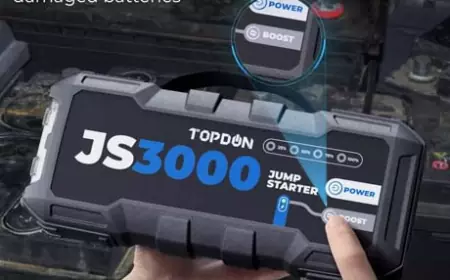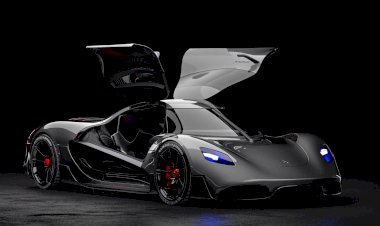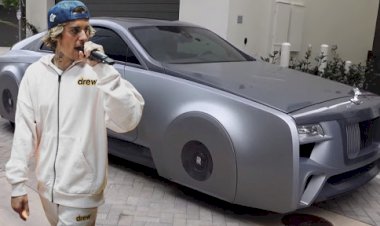Honda, Nissan, Mitsubishi Merger: A Game Changer for the Auto Industry?
Is a mega-merger on the horizon? Explore the potential implications of a Honda, Nissan, and Mitsubishi union for the automotive landscape and its impact on consumers.

Is Nissan, Honda, and Mitsubishi Merging? The Current State of Affairs
The automotive world is currently rife with rumors and speculation surrounding a potential mega-merger involving three of Japan's most prominent automakers: Honda, Nissan, and Mitsubishi. While it's crucial to emphasize that no official, binding agreement has been announced, the fact that these companies are reportedly engaged in discussions has sent ripples throughout the industry.
It's important to differentiate between rumors, speculation, and confirmed facts. As of now, we are in the realm of potentiality. Reports suggest that high-level talks have taken place, exploring the feasibility and potential benefits of combining forces. These discussions are likely exploring various aspects, including:
-
Shared Platforms and Technologies: Examining how merging could streamline development and production of vehicle platforms, powertrains (including electric vehicle technology), and advanced driver-assistance systems (ADAS).
-
Cost Synergies: Analyzing potential cost savings through shared purchasing of parts, consolidated manufacturing operations, and reduced overhead expenses.
-
Market Positioning: Evaluating how a combined entity could strengthen its position in key global markets and better compete with established giants like Toyota, Volkswagen, and emerging players like Tesla.
-
Governance and Structure: Determining the optimal organizational structure for a merged company, including leadership roles, brand management, and operational integration.
The absence of an official announcement means that many details remain unclear. It's uncertain whether these talks will progress to a formal merger agreement or if they will ultimately dissolve without a concrete outcome. However, the very fact that these discussions are taking place underscores the significant pressures facing the automotive industry today.
Why the Speculation Makes Sense
Several factors contribute to the plausibility of these merger talks:
-
Industry Consolidation: The automotive industry has seen increasing consolidation in recent years, driven by the need to share the massive costs associated with developing new technologies like EVs and autonomous vehicles.
-
Competitive Pressures: The rise of new competitors, particularly in the EV segment, is forcing established automakers to seek ways to enhance their competitiveness.
-
Economic Headwinds: Global economic uncertainties and changing consumer preferences are adding further pressure on automakers to optimize their operations and maximize efficiency.
-
The Renault-Nissan-Mitsubishi Alliance: Nissan already has a complex alliance with Renault and a controlling stake in Mitsubishi. 1 This existing framework, while sometimes facing internal tensions, demonstrates a precedent for collaboration and potential integration. It's important to note that this existing alliance would be a major factor in any new merger considerations.
Nissan strengthens Alliance with acquisition of 34% stake in Mitsubishi Motorsnissannews.com
In short, while a full merger is not yet a certainty, the ongoing discussions and the underlying industry dynamics make it a plausible scenario. This potential union represents a significant development that could reshape the future of the automotive landscape.
Who is Honda Merging With?
Honda, a renowned manufacturer known for its reliable and technologically advanced vehicles, is currently in talks with both Nissan and Mitsubishi. This potential three-way union would create a behemoth in the automotive world, rivaling industry leaders like Toyota and Volkswagen in terms of production scale and market share.
Who is Nissan Trying to Merge With?
Nissan, another Japanese automotive powerhouse known for its innovative car designs and performance-oriented models, is also at the center of these merger discussions. A potential union with Honda would strengthen their combined research and development capabilities, allowing for faster innovation and more competitive offerings in the electric vehicle and autonomous driving sectors.
Did Honda Buy Mitsubishi?
Currently, Honda does not own Mitsubishi. However, Nissan holds a significant stake (24.05%) in Mitsubishi. The proposed merger would involve all three companies forming a single entity under a new holding company, effectively combining their resources and expertise.
The Driving Forces Behind the Potential Merger
Several factors are likely pushing these companies towards a potential merger. The most prominent factor is the ever-increasing pressure to compete in the rapidly evolving automotive landscape. The rise of electric vehicles (EVs), autonomous driving technology, and stringent emissions regulations necessitate significant investments in research and development. A combined entity would have greater financial resources to allocate towards these critical areas, allowing them to compete more effectively with established EV players like Tesla and rapidly growing Chinese automakers.
Potential Benefits of a Honda-Nissan-Mitsubishi Merger
-
Enhanced R&D Capabilities: A combined entity would pool resources and expertise, leading to faster development cycles for new technologies like electric vehicles and autonomous driving systems.
-
Economies of Scale: Increased production volume could translate to cost reductions on parts, materials, and manufacturing processes, potentially leading to more competitive pricing for consumers.
-
Global Market Expansion: The merger could create a stronger global presence, allowing the combined entity to tap into new markets and capitalize on emerging opportunities.
-
Increased Brand Recognition: The combined brand power of these three respected automakers could translate to increased brand recognition and consumer confidence.
Potential Challenges of a Honda-Nissan-Mitsubishi Merger
-
Integration Challenges: Merging complex corporate structures and diverse company cultures could lead to integration challenges and potential internal conflicts.
-
Loss of Brand Identity: The individual brand identities of each company might be diluted or lost in the wake of a merger.
-
Market Dominance Concerns: A single, dominant player could potentially stifle competition and innovation within the industry.
The Road Ahead
The potential ramifications of a Honda-Nissan-Mitsubishi merger are significant, impacting the automotive industry on a global scale. While the talks are ongoing, the final outcome remains uncertain. However, one thing is clear: this potential union has the potential to reshape the automotive landscape and redefine the competitive environment for years to come.
Other Useful Stories:
-
5 Cheap Japanese Cars You Can Modify: Unleashing Your Inner Auto Enthusiast
-
The Battle of Japanese Automotive Legends: Which JDM Car Is The Best?
-
Best Cars to Customize: Unleashing Your Automotive Creativity
Please leave your comments below!
Your feedback helps us reach more readers and the Printed Car Magazine. Thank you.
So you think you know all about Cars, prove it! Take A JDM Car Quiz
Do you Need A Freelance Photographer?
Our Photographers Are Available For Hire
UKTM no: UK00003572459
 Like
0
Like
0
 Dislike
0
Dislike
0
 Love
0
Love
0
 Funny
0
Funny
0
 Angry
0
Angry
0
 Sad
0
Sad
0
 Wow
0
Wow
0

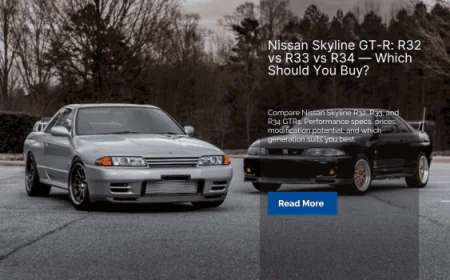

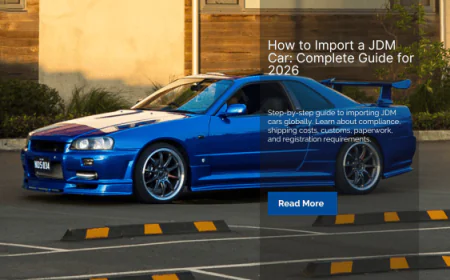
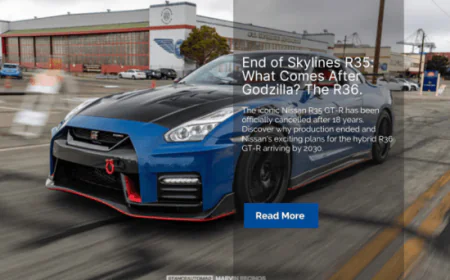
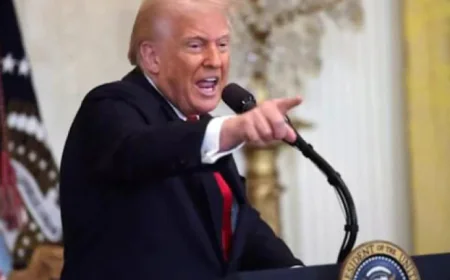

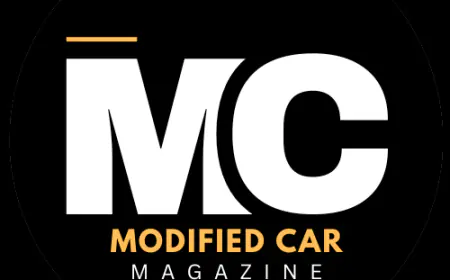




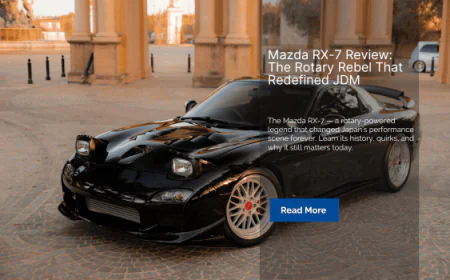
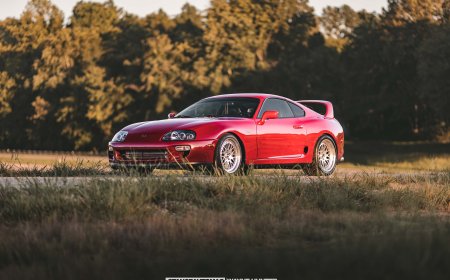


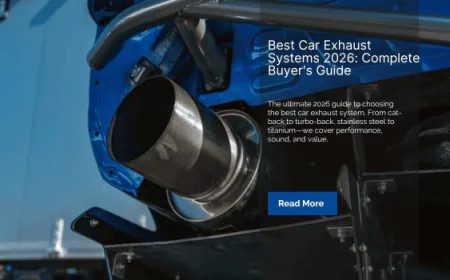
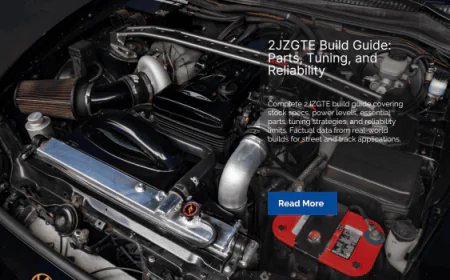











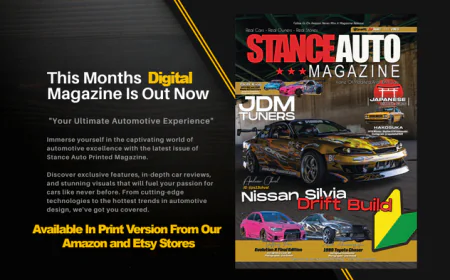


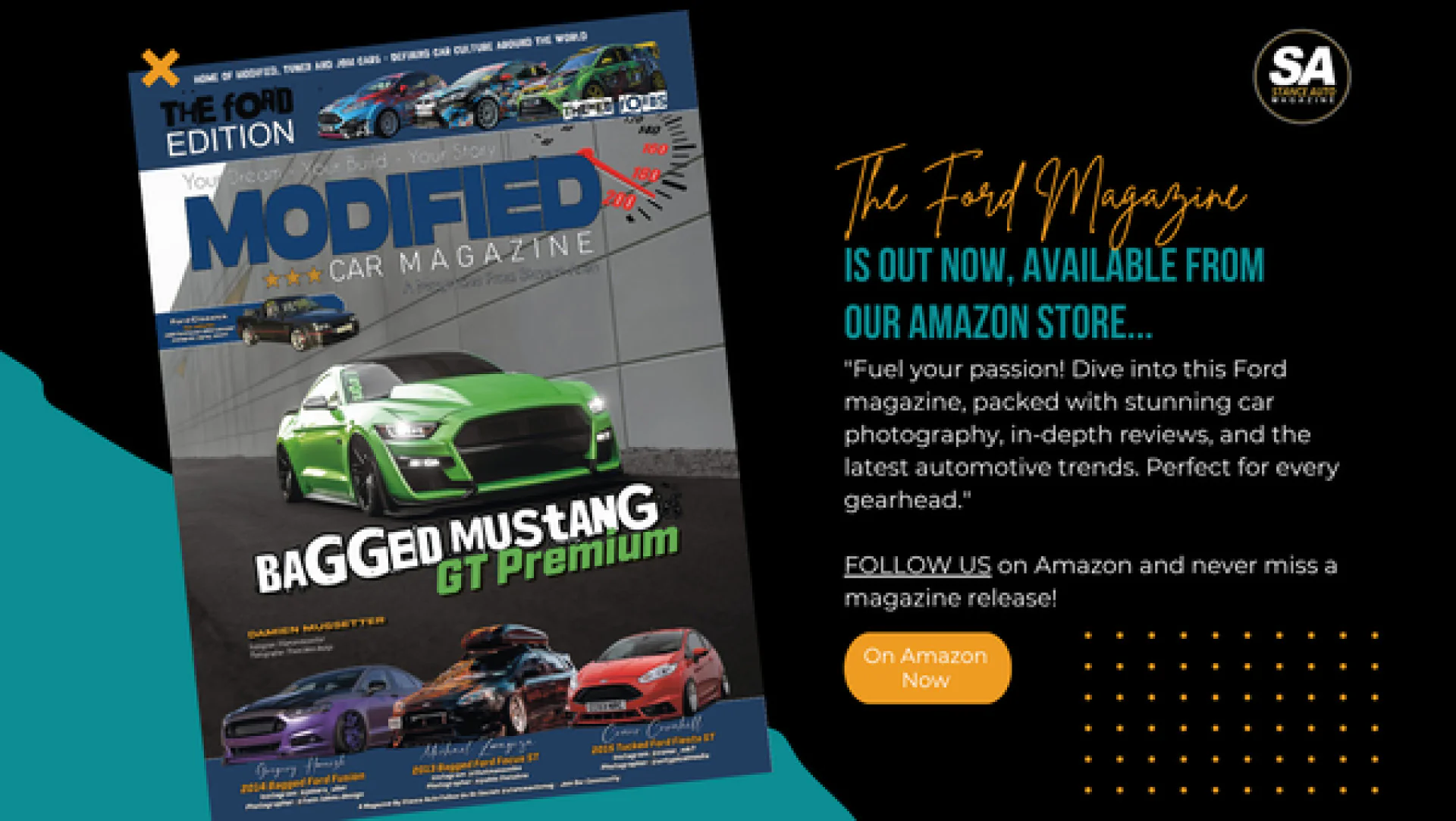



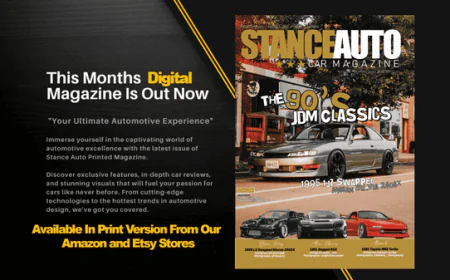
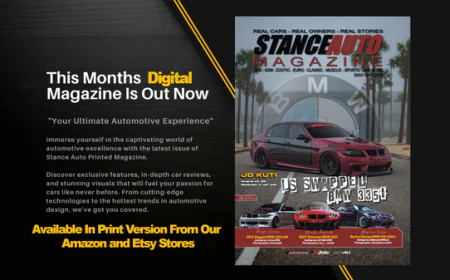

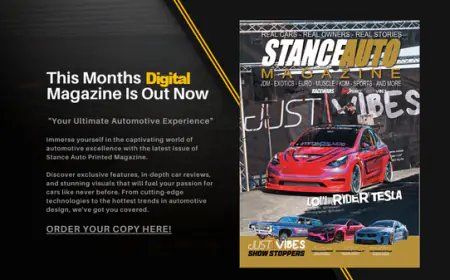

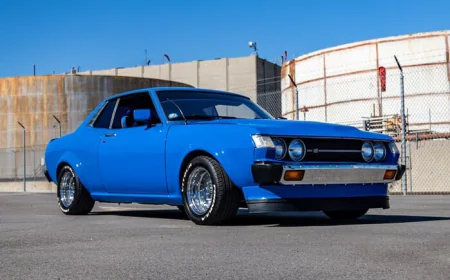
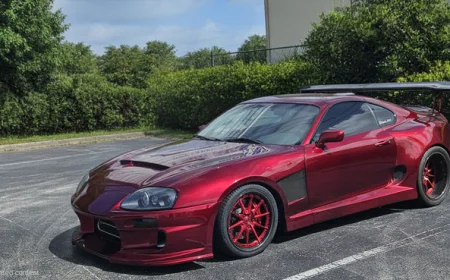
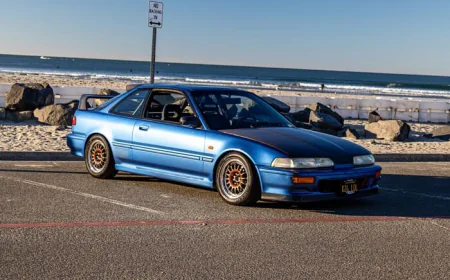








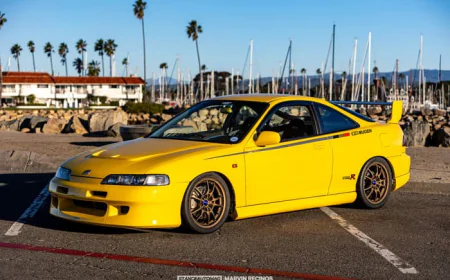














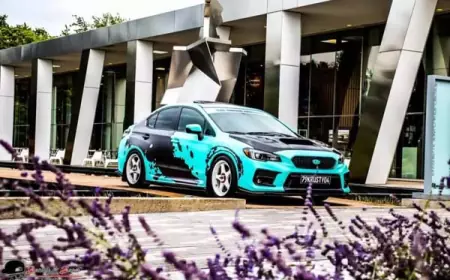



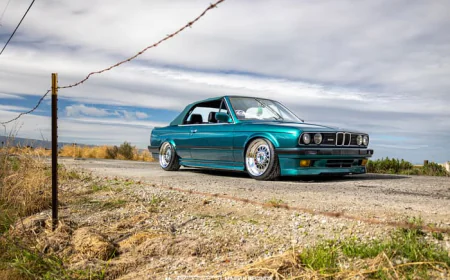

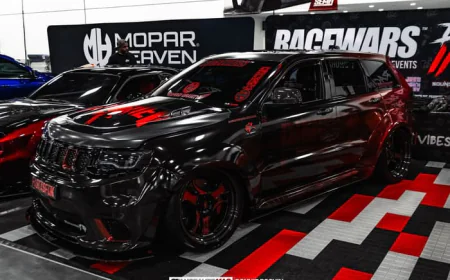






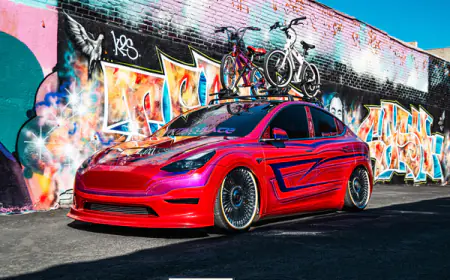



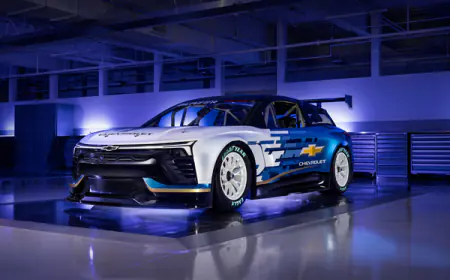




.png)




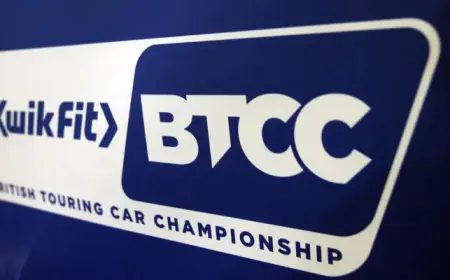







![[HOONIGAN] Ken Block's GYMKHANA NINE](https://img.youtube.com/vi/_bkX5VkZg8U/maxresdefault.jpg)























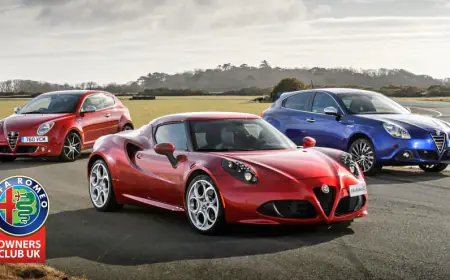











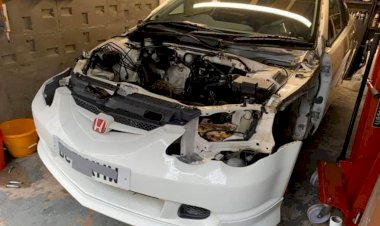




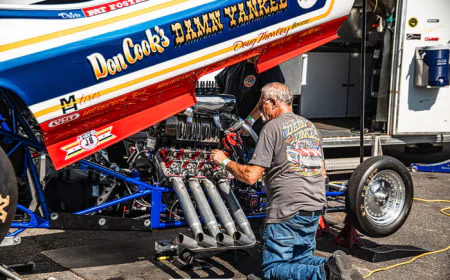
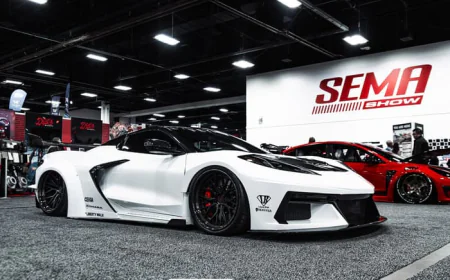


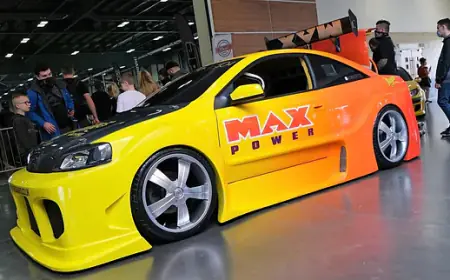

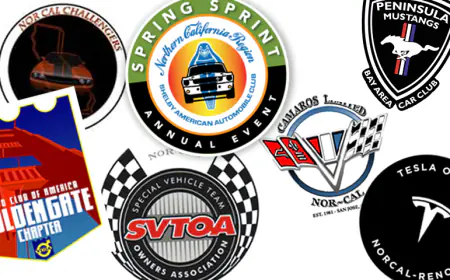







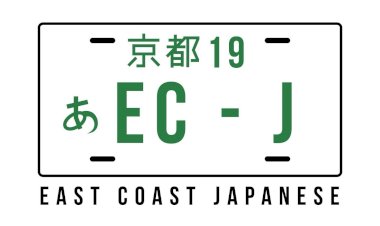
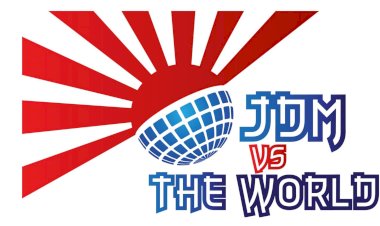

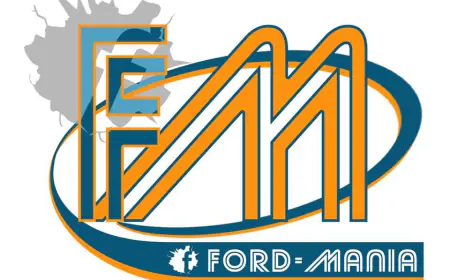







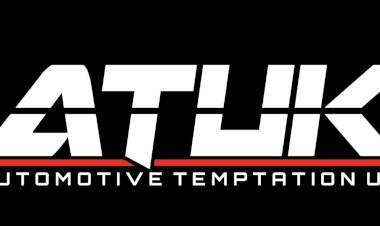
















![[HOONIGAN] KEN BLOCK'S GYMKHANA SEVEN: WILD IN THE STREETS OF LOS ANGELES](https://cdn.motor1.com/images/mgl/2KlO4/s1/ken-block-london-tour-directors-cut.jpg)







